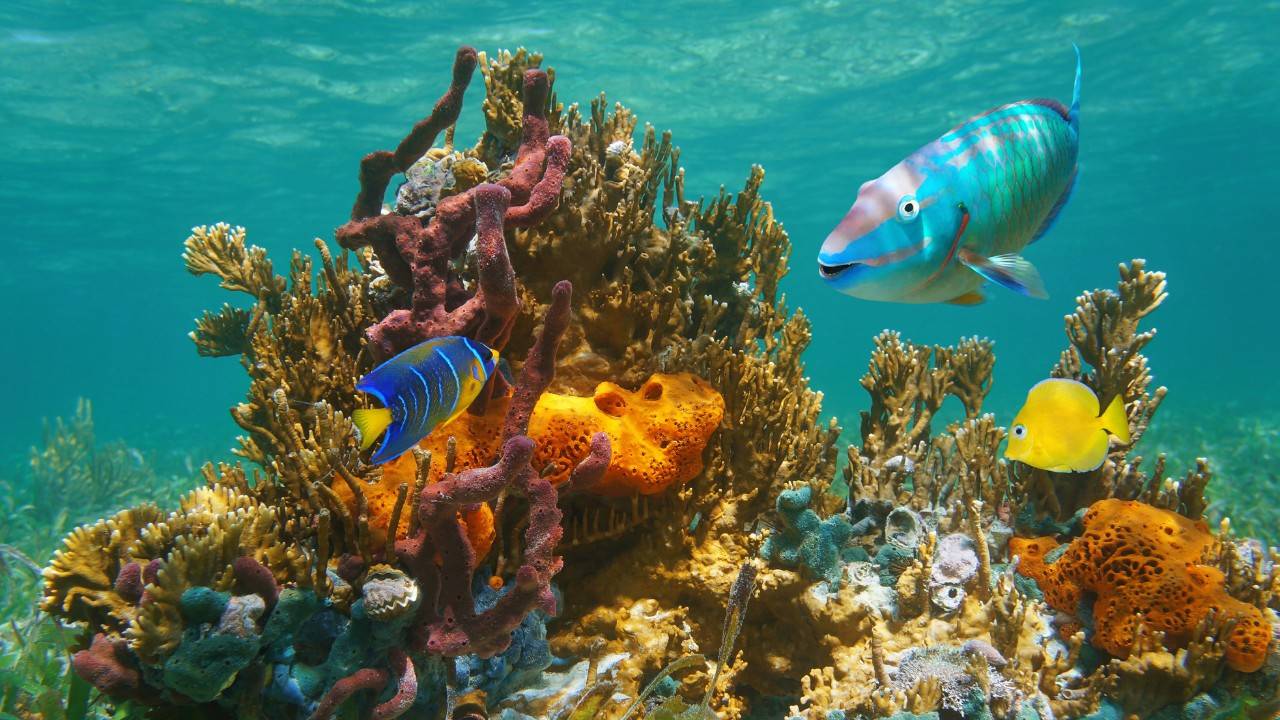This Southeast Asian country has taken a unique approach to managing and protecting marine habitats by drawing on the experience and wisdom of indigenous women on some Philippine islands.
Because men have traditionally dominated managing fisheries, this is a surprising and very positive move.
Mongabay has published some data about the value women bring to the Asian fishing industry.
“A recent study published in PLOS ONE also shows that catches by women in Asia reach an estimated 1.7 million metric tons per year, which is worth $3 billion. Despite this contribution, women are rarely involved or tapped in important conversations in the community.”
Not only is this a positive move for women, but entire marine ecosystems should see huge benefits as well.
An example is the community in Calawit, where it’s predominantly women who collect food from mangroves.
Local women now have majority control of certain areas where they approach collecting food in a sustainable way.
This increased source of income also provides more food variety and reduces the pressure on overfished open water stocks.


